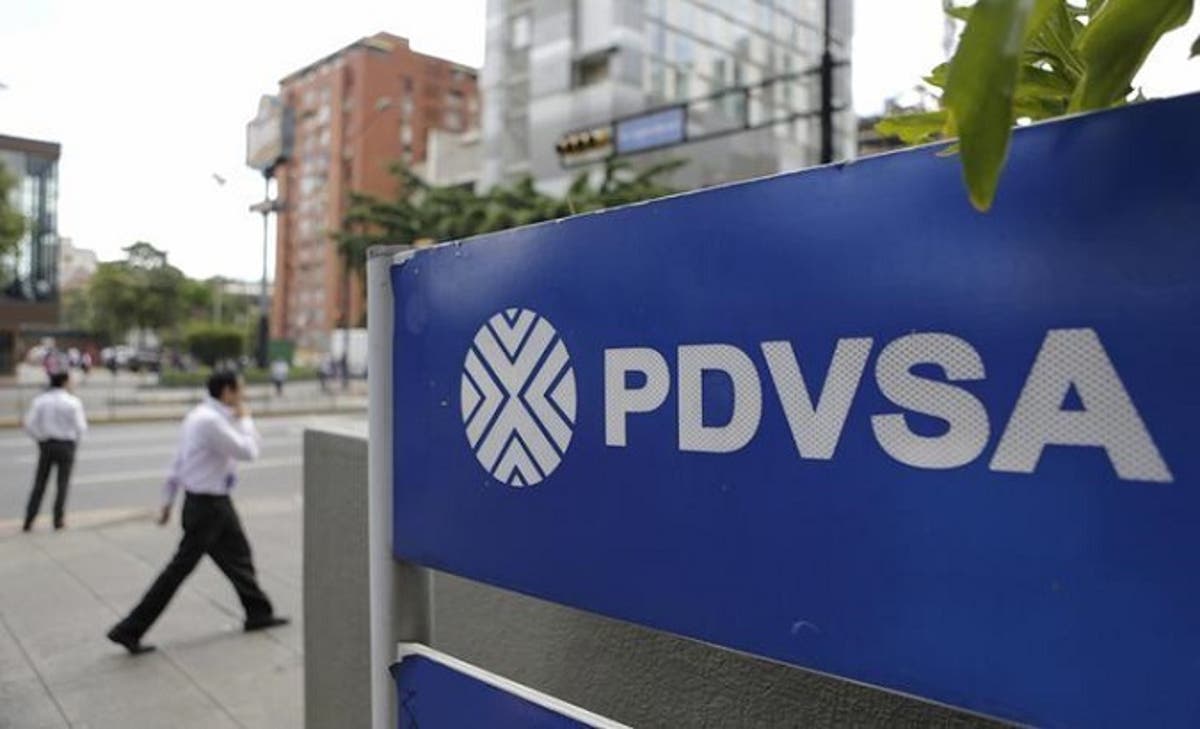Saudi Arabia is expected to anchor the next decade of global oil supply. But Venezuela’s uncertain future remains a critical variable that could disrupt a tightening and increasingly concentrated energy landscape, according to a recent Rystad Energy report.
Venezuela holds what some estimate to be the world’s largest oil reserves—up to 300 billion barrels, mostly in the Faja de Orinoco belt. Rystad Managing Director for Latin America, Schreiner Parker, noted that these extra-heavy crude resources are technically recoverable but require significant upgrading, infrastructure, and sustained investment. “Should Venezuela stabilize and reintegrate, its re-entry could bring fresh dynamics to an otherwise narrowing oil market,” the report said.
Chevron returns oil to Venezuela ahead of U.S. sanctions deadline | OilNOW
Decades of underinvestment, operational decline, and international sanctions have eroded the country’s production capacity. PDVSA, the state oil company, has seen output collapse.
“Recent activity by select international companies, including Chevron, indicates that some areas remain commercially viable under the right conditions and with external technical support,” Parker said.

For Venezuela to return as a major global supplier, broader institutional reforms would be necessary. Parker outlined that the country’s operating environment remains hostile to foreign capital, and its regulatory framework lacks the stability needed to draw long-term investment.
“It is difficult to predict political developments,” he added. “But any meaningful resurgence in output would likely hinge on a more normalized environment that can attract sustained capital and technical expertise.”
Meanwhile, Saudi Arabia is positioned to solidify its role as the global swing producer. Aramco manages over 283 billion barrels of low-cost, conventional crude and can adjust production with precision. As US shale nears its ceiling and global exploration continues to underperform, existing producers with accessible reserves are becoming increasingly central to global supply.
Both Saudi Arabia and Venezuela were founding members of OPEC in 1960. While Saudi Arabia continues to lead the group, Venezuela’s influence has diminished. A successful return to the market could force a reassessment of Venezuela’s role in OPEC, Parker said.
“Re-engaging with the global oil sector becomes fundamental,” Parker added. Strategic flexibility may be key to attracting new investment and managing future output.



